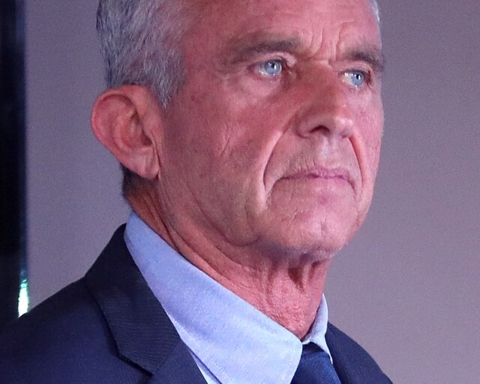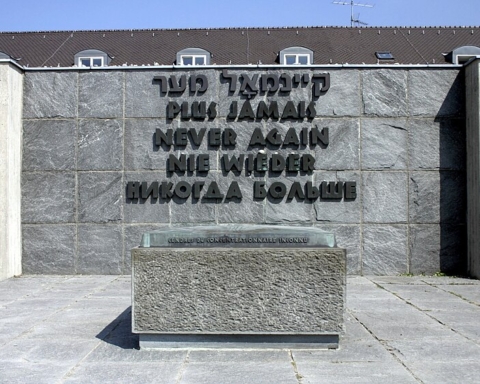Luke Nolan, Staff Writer
It was a warm day in Washington D.C. on Jan 19 as hundreds of thousands of people participated in the March for Life.
It has been 45 years since Roe v. Wade, yet millions of Americans still oppose the legalization of, what has been called by many who are pro-life, the genocide of the unborn. According to Lifenews, at around 53 million lives taken since Roe v. Wade, the death toll of abortion is well above that of all wars in which the United States has been involved in. This totals at about 1,300,000 according to militaryfactory.com. The numbers of those lost to abortion far exceed those lost in war, and it is often ignored by those who are pro-abortion.
However, regardless of the social or fiscal retributions of attending the March, the movement and the people which make it up are as resilient and committed as ever. They have hope for genuine change in our society and culture.
The March for Life is a stand against the unjust slaughter of innocents and an attempt to get the government to recognize and protect the dignity of the unborn person.
People often march, knowing that they will be faced with, at some point, accusations, insults or worse. The issue often divides families and friends, due to its personal nature and the countless fundamental differences in worldview.
This year’s march proved to be historic because, for the first time ever, a sitting U.S. president addressed the March, which energized the movement even more. The March for Life differentiates itself from other protests by the fact that it is peaceful, rather than vulgar, like most other protest movements.
During the March, there were several instances in which Christians from different denominations, secularists and feminists, all stood behind the banner of life. While there were some nay-sayers, namely a handful of anti-Catholic Christians, the March went off without any incident other than a civil discussion between those who disagree. The March, while serving the purpose of fighting for the right to life for the unborn, is also an ecumenical movement in the sense that it brings Christians together behind a common cause.
The pro-life movement will continue to fight for the rights of the unborn, no matter who opposes them. From bigoted Christians who seek to divide, to the culture at large, the road may not be easy, but it is certainly very possible to change our culture, and maybe the world.






